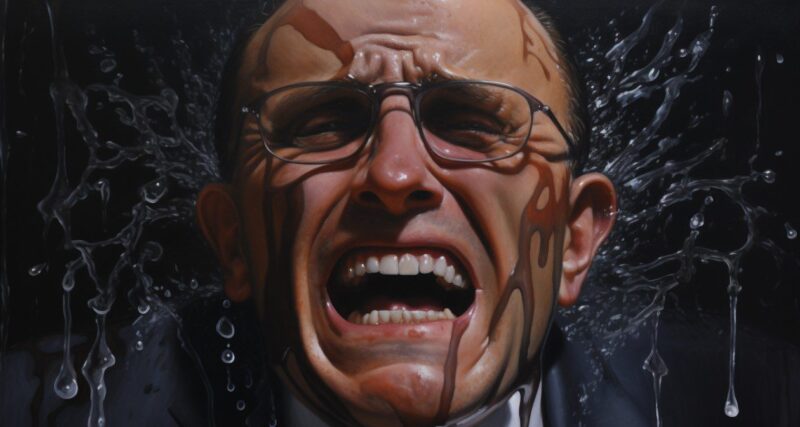
In an era saturated with divisive politics and disinformation, a groundbreaking ruling has emerged. Federal Judge Beryl A. Howell ruled that Rudolph W. Giuliani, President Trump’s personal lawyer and former New York City Mayor, is liable for defaming two Georgia election workers in the aftermath of the 2020 presidential election.
The lawsuit, one of the earliest targeting individuals who were directly affected by right-wing conspiracy theories, may have set a precedent that could reverberate through the legal landscape of defamation and false claims.
The Heart of the Matter
At the core of this case is the defamation of two Georgia election workers, who were falsely accused by Giuliani of fraudulent ballot handling during the contentious 2020 election. The accusations not only disrupted the workers’ lives but also led to harassment, adding another layer of concern to a nation already divided along partisan lines.
Giuliani’s team argued that his stipulations were not an admission of guilt. However, Judge Howell saw things differently. In a decisive action that bypassed fact-finding, she focused instead on the damages Giuliani would have to pay, as well as requiring him to cover the legal fees of the case. This outcome underscores the severity of the accusations and the court’s unwillingness to tolerate false claims that can undermine the democratic process and endanger innocent lives.
Setting a Legal Precedent
In defamation law, actual malice—knowing something is false or recklessly disregarding whether it is false—must usually be proven to win a case. What makes this ruling exceptionally noteworthy is the swiftness with which it moved beyond fact-finding to the assessment of damages. It could set a new standard for cases involving public figures who make false statements, pushing the justice system to act more decisively against those who propagate damaging lies.
This lawsuit was not an isolated incident but one piece in a complex tapestry of legal challenges facing Giuliani. His legal woes also include a defamation suit from Dominion Voting Systems and a federal indictment against him and Trump for plotting to reverse election results. These layers of litigation indicate that the tide may be turning, with the justice system taking a firmer stand against false statements that have far-reaching societal implications.
The Ripple Effects: Public and Private Lives Impacted
It’s essential to view this case not just as a standalone legal action but also as an example of the potentially damaging effects that false statements can have on people’s lives. The defamation didn’t merely tarnish the reputations of the two election workers; it endangered their well-being. Harassment followed, echoing a grim reality where disinformation isn’t confined to the digital realm but spills into real life, causing genuine harm.
Implications for Public Discourse
The court’s ruling sends a message to politicians, media outlets, and public figures: The era of falsehoods without repercussions may be coming to an end. In the past, public figures often evaded legal repercussions for false claims by hiding behind the First Amendment. However, the courts appear to be taking a new stance, signaling that freedom of speech does not equate to the freedom to lie with impunity.
The Road Ahead
As we wait for the damages trial, questions linger. How much will Giuliani have to pay? Will this case set a trend for future defamation lawsuits, especially those targeting individuals affected by conspiracy theories? While the ruling is too recent to answer these questions definitively, it has undeniably opened a door. Now, those who feel their reputations have been unfairly maligned due to politically motivated falsehoods may have a stronger legal recourse.
The ruling against Giuliani is more than just a legal verdict; it serves as a reflection of societal norms and standards that are shifting beneath our feet. It questions the ethics of public discourse and challenges the extent to which falsehoods are tolerated in our society. One thing is for sure: as the trial on potential damages looms, the nation watches with bated breath, fully aware that this case could be the bellwether for a sea change in how we view defamation and truth in the United States.
